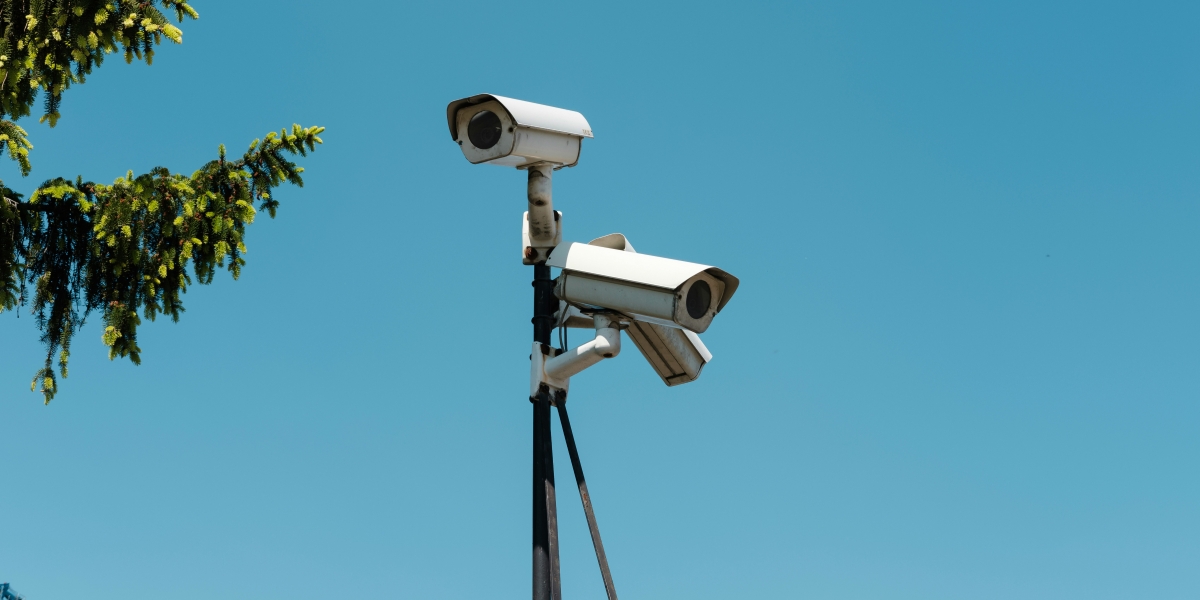By: pressfordshutters
Business security is a critical consideration for companies of all sizes. Protecting your physical premises, employees, assets, data, and reputation from potential threats requires careful planning and security measures that are tailored to your specific needs. This guide explores some of the key areas of business security and presents strategies that may help safeguard your company.
Physical Security
Physical security focuses on protecting your business premises, assets, and people from unauthorized access, theft, vandalism, and violence. Key elements may include:
- Access Control – Control who can enter your premises with measures such as security guards, ID badges, alarm keypads, biometrics, or swipe card systems. It’s advisable to monitor CCTV cameras covering all access points. Restricting access to certain areas and sensitive documents may also enhance security.
- Perimeter Protection – Securing your business perimeter with measures like fencing, gates, bollards, and exterior lighting is often recommended. Roller shutters, such as those from companies like Pressford Shutters & Shopfronts Ltd, can provide an additional layer of security by covering windows and doors when closed. These shutters can be manually operated or automated, depending on your needs.
- Interior Security – Protect sensitive areas with intruder alarms, motion sensors, and access control systems. Valuable assets, such as computers, might be best secured in locked rooms. Safes could be considered for cash, important documents, and small high-value items.
- Personnel Safety – Protecting staff can be supported by panic buttons, monitored alarm systems, security patrols, and workplace violence policies. Staff should be trained on health and safety procedures, and security guards could be hired to patrol the premises, if necessary.
- Fleet Security – Track company vehicles with GPS devices and immobilization tools. Parking employees’ vehicles in secure areas and maintaining regular vehicle upkeep may further improve security.
Information Security
Information security is focused on protecting your data, systems, and networks from unauthorized access, hacking, malware, and data breaches. Key strategies might include:
- Access Control – Limit access to certain data and systems to authorized personnel only using passwords, multi-factor authentication, and encryption. Access permissions should be set based on roles.
- Network Security – Employ firewalls, antivirus software, VPNs, and email filtering to reduce the risk of network intrusions and attacks. Regularly patch systems and consider hiring ethical hackers to test your defenses.
- Data Security – Secure sensitive data through encryption and by storing backups offline. When disposing of old computers and media, ensure files are completely destroyed. Control access to data based on permissions.
- Policies – Establish comprehensive cybersecurity policies covering areas like password management, internet and email use, mobile devices, and remote working. Regular staff training on recognizing threats can further strengthen your security posture.
Reputation Management
Your company’s reputation and public image can influence its sales and growth. Effective management of your reputation may include:
- Engaging in positive public relations (PR) and using social media to promote your brand, culture, and community involvement. Responding to comments, both positive and negative, is typically recommended.
- In the event of complaints or scandals, responding swiftly and transparently can help contain any potential damage. An apology may be appropriate in some cases.
Maintaining consistently excellent products/services and customer service is essential. Staff training on service quality can be important for this. - Monitoring online reviews and resolving any issues as they arise may help maintain a positive image. Claiming review profiles and responding to them is an option many businesses consider.
- Finally, ensuring legal and regulatory compliance at all times is vital to preserving both your company’s reputation and operational stability.
By considering comprehensive business security across physical, digital, and reputational areas, companies may better protect their premises, employees, assets, and brand value. Tailor security measures to your company’s unique risks, assets, and budget, and be sure to review them regularly to stay aligned with evolving threats.
Published by Anne C.
















